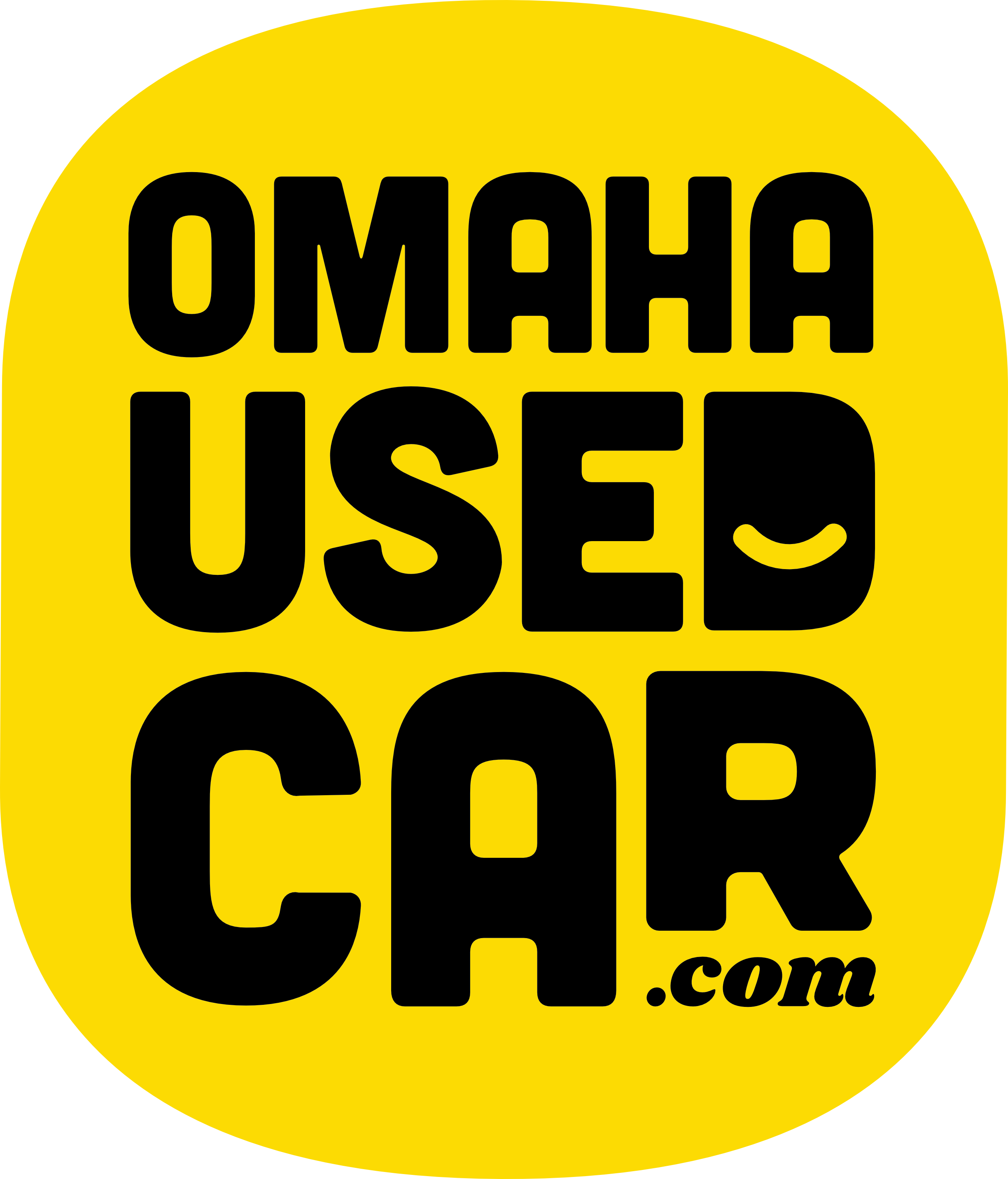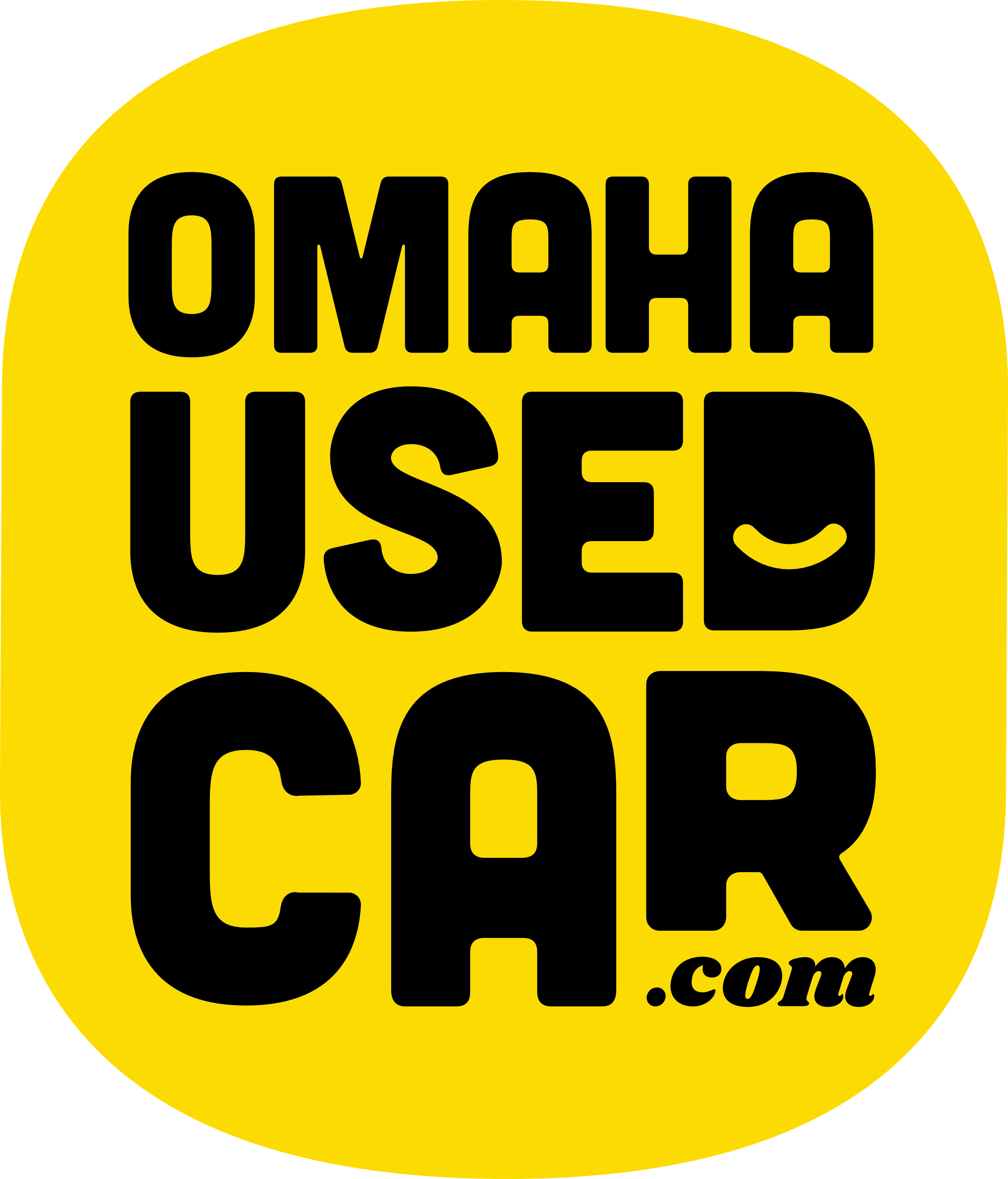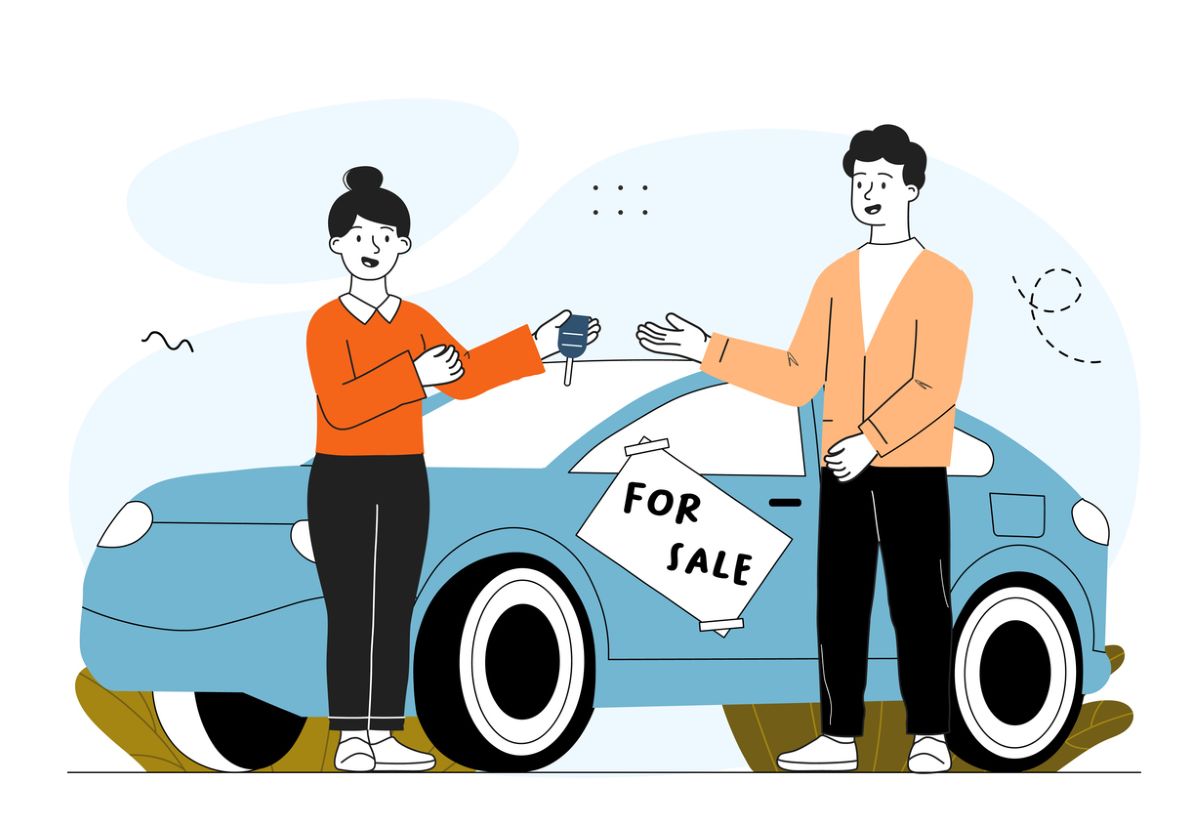Dealership vs. Private Seller: Where to Buy Your Next Used Car in Omaha?
So, you're in the market for a used car in Omaha! That's an exciting time, but one of the first big decisions you'll face is whether to buy from a dealership or a private owner. Both options have their unique advantages and disadvantages, and knowing them can help you make the best choice for your needs and budget. Let's break it down!
Buying from a Dealership: The "Professional" Route
When you think of buying a car, a dealership probably comes to mind first. Here's what you can expect:
Pros:
- Trustworthy Evidence: It is obvious that dealerships see many customers over time, therefore the trustworthy ones have proven track records as evidenced by their online reviews and BBB rankings.
- Convenience and Selection: Dealerships, especially larger ones, often have a wide variety of makes and models on their lot. You can browse several options in one go, test drive multiple cars back-to-back, and potentially find exactly what you're looking for without driving all over town.

- Financing Options: Most dealerships offer in-house financing, which can be a huge plus if you need a loan. They work with various lenders and can help you find a suitable interest rate and payment plan, often streamlining the process significantly.

- Warranties and Certifications: Many used cars at dealerships, particularly Certified Pre-Owned (CPO) vehicles, come with some form of warranty. This can provide peace of mind, knowing that if something goes wrong soon after your purchase, you might be covered.
- Trade-Ins: If you have an old car you're looking to get rid of, dealerships make trade-ins easy. They'll assess your vehicle and apply its value directly to your new purchase, saving you the hassle of selling it privately.
- Thorough Background Information: Dealerships will have thorough background and vehicle history automatically collected thanks to their connections to companies like CARFAX or AutoCheck.
- Inspection and Reconditioning: Reputable dealerships, such as those associated with OmahaUsedCar.com, will inspect their used vehicles and perform any necessary repairs or reconditioning before putting them on the lot. They want to ensure the cars they sell are in good working order.

Cons:
- Higher Prices: Naturally, you'll pay more for a used car at a dealership compared to a private seller because dealerships usually own the vehicle at a competitive cost compared to the dealer market and are priced to cover further costs related to reconditioning, administrative processing, and staffing.
- Limited Negotiation Room: While there's always some room to negotiate, as noted previously about pricing a dealership often has less flexibility on price due to multiple factors compared to a private seller who might just want to get rid of their car.
Buying from a Private Seller: The "Personal" Approach
Buying from a private owner/seller often involves searching online marketplaces or local classifieds.
Pros:
- Lower Prices: This is often the biggest draw becasue private sellers usually don't have the operating costs like dealerships do, so they can afford to sell their cars for less than a dealer market price. You might find a fantastic deal if you're patient and good at negotiating.
- More Negotiation Room: Private sellers are often more willing to negotiate on price, especially if they're motivated to sell quickly.
- Unique Finds: Sometimes, private sellers have niche or older models that you won't typically find on a dealership lot.

Cons:
- No Warranties: With a private sale, the car is almost always sold "as-is," meaning there's no warranty or guarantee once you drive it off. If something goes wrong, you're on the hook for the repairs.
- Limited Recourse: If you discover a major issue after the sale, you have very little recourse against a private seller, unless you can prove they actively misrepresented the vehicle.
- More Legwork: You'll be responsible for arranging test drives, doing your own research (like checking vehicle history reports), and handling all the paperwork for the title transfer and registration yourself.
- Financing Challenges: You'll likely need to secure your own financing through a bank or credit union before approaching a private seller, which can add an extra step to the process.
- "Lemon" Risk: While rare, there's a higher chance of unknowingly buying a "lemon" from a private seller if you don't do your due diligence, as there's less professional inspection involved.
Which Option is Right for You in Omaha?
Consider these factors when making your decision:
- Your Budget: If getting the absolute lowest price is your top priority, a private seller might be the suitable option for you.
- Your Comfort with Risk: If you prefer the peace of mind that comes with warranties and/or professional inspections, a dealership is the best choice, especially for Certified Pre-Owned vehicles. Also, you can more easily trust dealerships that have good online reviews.
- Your Mechanical Knowledge: If you're comfortable evaluating a vehicle's condition or have a trusted mechanic in Omaha who can do a pre-purchase inspection, a private sale becomes less risky.
- Your Time and Convenience: Dealerships offer a more streamlined, one-stop-shop experience, whereas private sales require more effort on your part.
- Your Financing Needs: If you need a loan, dealership financing can be very convenient.
Ultimately, both avenues can lead you to a great used car in Omaha, however the reality is dealerships make the buying process less risky, are more streamlined in operation, and can provide more trustworthy transactions.


